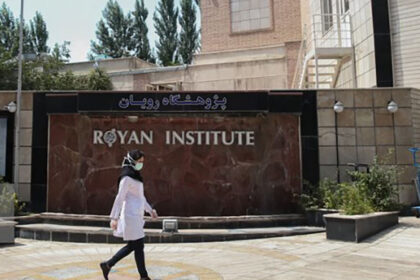Researchers have discovered new biomarkers in blood that can be effective in predicting biological aging.
According to Tekna technology and technology news service, University of Pittsburgh researchers have discovered biomarkers related to healthy aging, through which it will be possible to predict biological age and aging or the speed of aging of cells and organs in a person regardless of the date of birth. These newly discovered compounds can show how people age differently as the basis of biological age. It is possible to suggest interventions to reduce aging and healthy life span using this research.
Two 65-year-old humans may have the same chronological age, but their biological ages will be very different, says Aditi Gurkar, a geriatrics researcher at the Pittsburgh School of Medicine and one of the senior researchers of this project. Because one of these two people may go to work by bicycle or go skiing on the weekend, and the other may not even be able to climb the stairs.
These researchers classified 196 elderly people as healthy or fast elderly for the difference between their biological age and compared them in the field of simple walking challenges. Considering that walking is considered a comprehensive measure for cardiovascular fitness, physical strength and neurological health can be the best predictor for the possibility of hospitalization, poor performance, disability and even death in the elderly.
These people could easily climb stairs or walk for 15 minutes without resting at the age of 75 years or older. To identify the molecular effect of biological aging in the blood samples of these people, a study called metabolomics was conducted, during which metabolites were examined. Healthy and fast elderly people showed obvious differences in their metabolites. According to these researchers, blood metabolites can reflect the biological age of people.
RCO NEWS


















